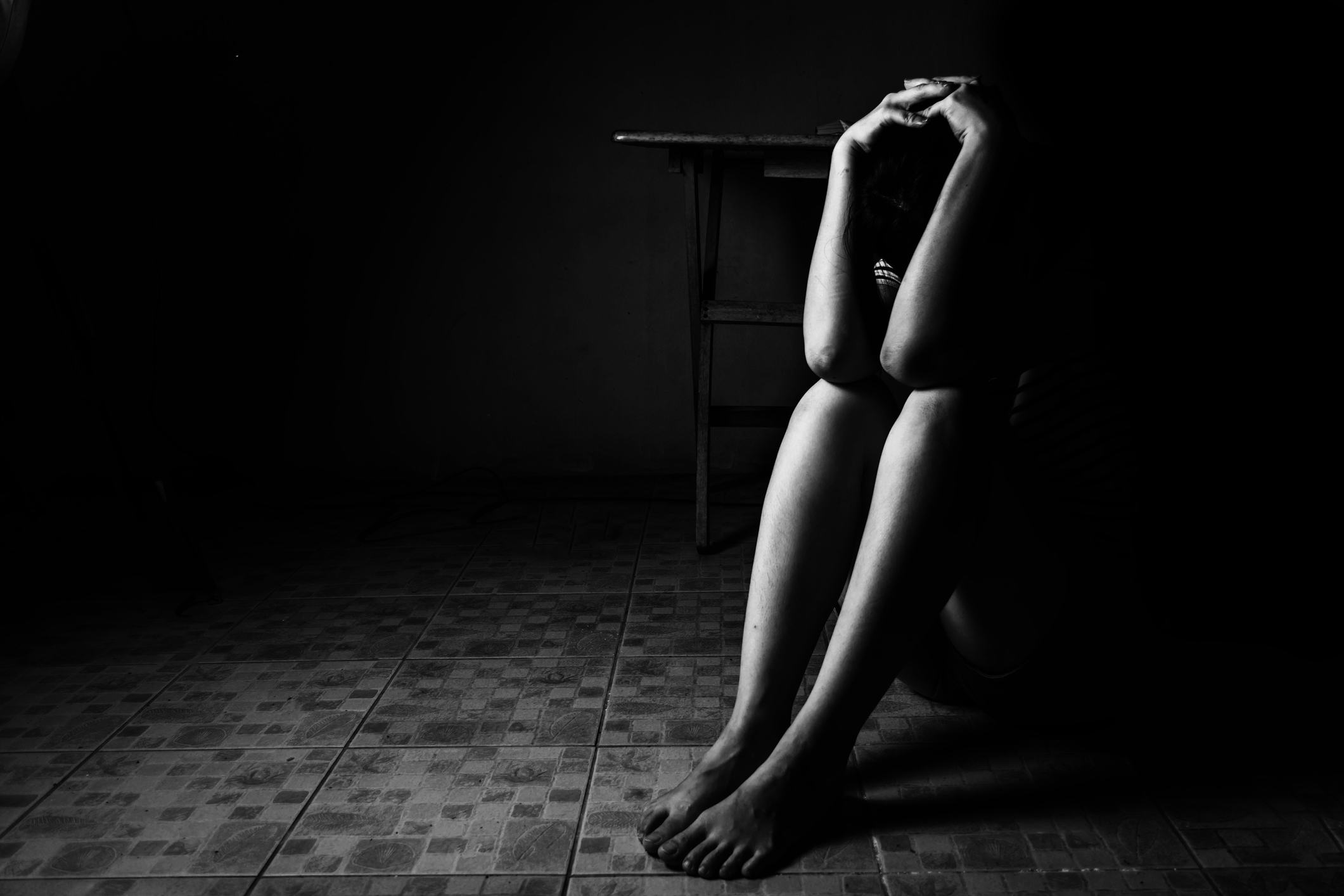
Police reluctant to invoke SC/ST Act in rape cases involving Dalits

In the last few weeks two women and three minor girls were raped and murdered in Tamil Nadu. All were Dalits. The police has filed rape cases against the accused, but reluctant to invoke the SC/ST Act against them.
On July 1, the police found a body of a 7-year-old girl in Pudukkottai. The child was missing from her home for over 24 hours. Investigations revealed that she was raped and murdered. Police has arrested a person.
On July 4, a 40-year-old woman in Cuddalore, was allegedly raped and murdered. Her body was found hanging from a tree. Activists recall a five month old incident where the caste Hindu men from her village had beaten her.
On July 6, Madurai based Dalit Liberation Movement, investigating a six-month-old teenage death in a college, found that the first year student had faced caste discrimination. A staff member offered to support the girl, but ended up sexually abusing her.
The girl chose to return to her home in Tiruvannamalai. It is alleged that her classmates packed food for her travel which was allegedly laced with poison. On reaching home the girl complained of stomach ache and three days later died in a hospital.
In all the three incidents the police initially registered cases under rape law. In the case of minors POCSO Act was revoked. But no charges were pressed under the SC/ST (Prevention of Atrocities) Act. The act amended in 2016 included words such as ‘rape’ and ‘gang rape’ while defining atrocities against SC/ST women. The police relented and revoked SC/ST Act in three of the above five cases after Dalit activists protested.
Activists alleged that the police is reluctant to file cases under SC/ST Act due to several reasons. To begin with caste prejudice plays an important role as “most policemen” belong to intermediate castes, says I. Pandian, founder, Witness for Justice, an organisation working for Dalit rights. He says police is ‘suspicious’ and hardly ‘trust’ Dalits as the statues enjoin upon the force to speed up the entire investigative process.
If cases are filed under rape laws the chargesheet must filed within 90 days. But under SC/ST Act this is fast tracked and chargesheet must be filed within 60 days.
“In most cases the police delays the process of filing the First Information Report or FIR by at least a week. The perpetrators get a breather and utilising the time they file counter FIRs against the Dalits. Using the counter FIR, the police enters into a negotiation with the Dalits and often this results in withdrawal of the complaint,” says I. Pandiyan.
The police gets into negotiations with the victims for filing cases under SC/ST Act because the act provides for monetary compensation to the victims. “The police think that the Dalits misuse the Act in order to get the money,” says Pandian.
Under the SC/ST Act a rape victim gets paid ₹5 lakh as compensation. For gang rape the amount is ₹8.5 lakh. For non-Dalits compensations are offered on case-to-case basis depending on the discretionary power of the judge.
On August 20, 1997 in the infamous Premananda case, the Pudukkottai district sessions judge R. Bhanumathi, had sentenced Premananda to life imprisonment and fined ₹67.3 lakhs for 13 counts of rape, molestations of two girls and a murder.
To buttress his argument I Pandian cited the 2017 case where a Dalit minor girl, Nandhini, was allegedly raped and killed by a right wing group in Ariyalur.
”Under the SC/ST Act, a chargesheet should have been filed within 60 days, but in Nandhini’s case, no chargesheet was filed for more than a year due to political pressure. Later, the document was filed following the intervention of the Madras High Court,” says Pandiyan.
Poor implementation of law is a major reason behind low conviction rates. National Crime Records Bureau has recorded 2,086 cases of rape against Dalit women and 871 against Dalit minor girls in 2018 all over the country. The conviction rate was 29 percent and the pending case rate 24 percent.
Karuppaiah, general secretary, Dalit Liberation Movement says if the National Commission for Scheduled Castes worked as expected, the Act could be implemented in a better manner. The irony is that the commission is not even fully staffed. It lacks a vice-president and there are three vacancies on the board. The Commission has 12 zonal offices across the country and all the offices lack directors. The South Zone office in Chennai has no director for last five years and has 11 top level vacancies.
Abirami Jotheeswaran, director, All India Dalit Women Adhikar Manch, says due to negligence of police, many rape cases against Dalit women go unreported. This is a problem not restricted to Tamil Nadu alone, it is the same story all over the country, she says.
Besides, sensitising the police, the Dalit men should also be made aware of SC/ST Act, says Muthamizh, founder, Neelam Trust, an organisation working for development of women.


